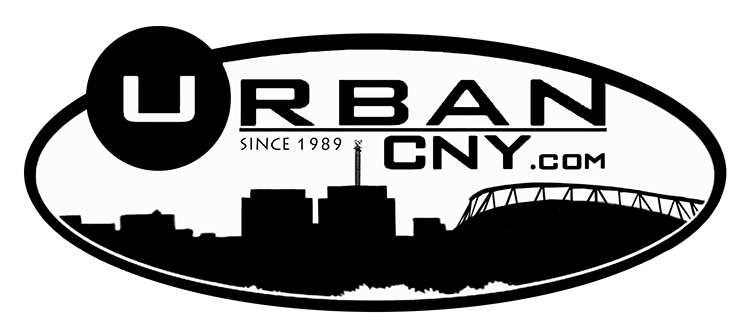In a unique three-way collaboration, Le Moyne College, the City of Syracuse and the Town of DeWitt have launched a survey to gather feedback on issues related to transportation, housing, infrastructure, municipal services, economic development and overall quality of life from residents living in the neighborhoods around the College’s campus. The survey is part of a comprehensive, long-term initiative called the Le Moyne Area Neighborhood Development Strategy, or LANDS.
Data from the survey will help shape a plan to guide development in the area around Le Moyne’s campus and set the stage to support and execute transformational projects. A notice about the survey has been sent to approximately 3,800 residents living in the area bounded by Erie Boulevard East on the north and east sides, East Genesee on the south side, and Salt Springs Road and Seeley Road on the west side. The survey, which will remain open for feedback until Friday, April 2, can be found here.

“The results of this survey will serve to strengthen existing connections between the College and our closest neighbors as we continually strive to improve the vitality of the region in a multitude of ways,” said Le Moyne President Linda LeMura. “We are excited to be partnering with the city and town to learn how the College can be a better neighbor and enhance our involvement with those living near our campus both in the short term and years into the future.”
“Using neighborhood data and input from residents and property owners, the LANDS project will create recommendations to invest in the neighborhood adjacent to Le Moyne College. This effort aligns with our goal to improve quality of life for all in our Syracuse neighborhoods,” said Syracuse Mayor Ben Walsh. “I encourage everyone in the area to participate by offering feedback to help Le Moyne, the Town of DeWitt and the city understand the different challenges the area faces and develop innovative and effective ways to address them.”
“The town board and I fully support the LANDS project,” said DeWitt Supervisor Edward M. Michalenko, Ph.D. “Le Moyne College and the adjacent neighborhood are an integral and valued part of the Town of DeWitt. This effort to connect, collaborate and create a comprehensive neighborhood plan will not only tangibly ‘build community’ now as the process unfolds, but will also support quality of life for the College, the neighborhood, the town and the city for years to come. Given the challenges and changes wrought by the pandemic and its economic impact, we need positive, productive partnerships like this now more than ever.”

Funding for the survey is being provided by Empire State Development, Le Moyne College, the City of Syracuse and the Town of DeWitt. The plan developed from survey results will include recommendations to improve physical infrastructure and enhance services, building on existing initiatives with a long-term plan for the next 20 years. It will provide a vision for future municipal and College investments to improve the neighborhood for all residents, complementing Le Moyne’s 2015 Master Plan for on-campus growth by addressing the integration of the campus with the surrounding neighborhoods.
The neighborhoods near campus are mostly residential, but also include commercial components where residents and students shop, dine, do business and address health care needs. With Le Moyne serving as an anchor for these neighborhoods, the plan will enhance overall community revitalization efforts. The survey results will play an important role in identifying priorities as they also serve to inform and guide investment decisions taken independently by each of three entities. The results may also provide the bases for subsequent collaborative efforts involving two or more of the entities such as collaborating on grant applications to secure public or philanthropic funding for specific projects or initiatives brought to light by the survey.
The initiative aligns with the Central New York Regional Economic Development Council’s goal to revitalize the region’s urban cores, main streets and neighborhoods. A strategy within this goal is to “reinvigorate the region’s neighborhoods and main streets through mutually beneficial partnerships with diverse businesses and the region’s anchor institutions, and invest resources that leverage the national movement of anchor institutions to restore neighborhoods, train new workers, retain young talent, and create small business and social enterprises.”









